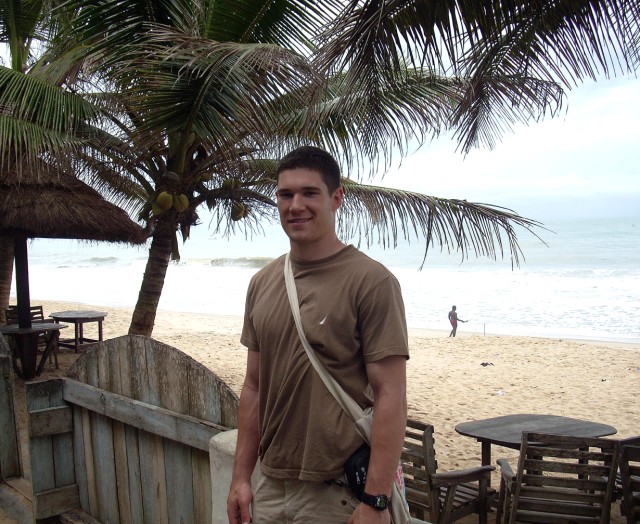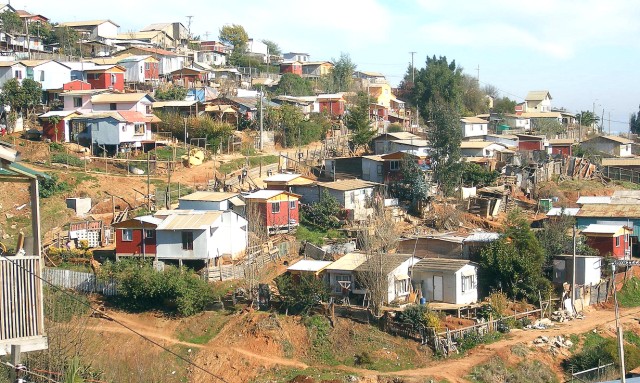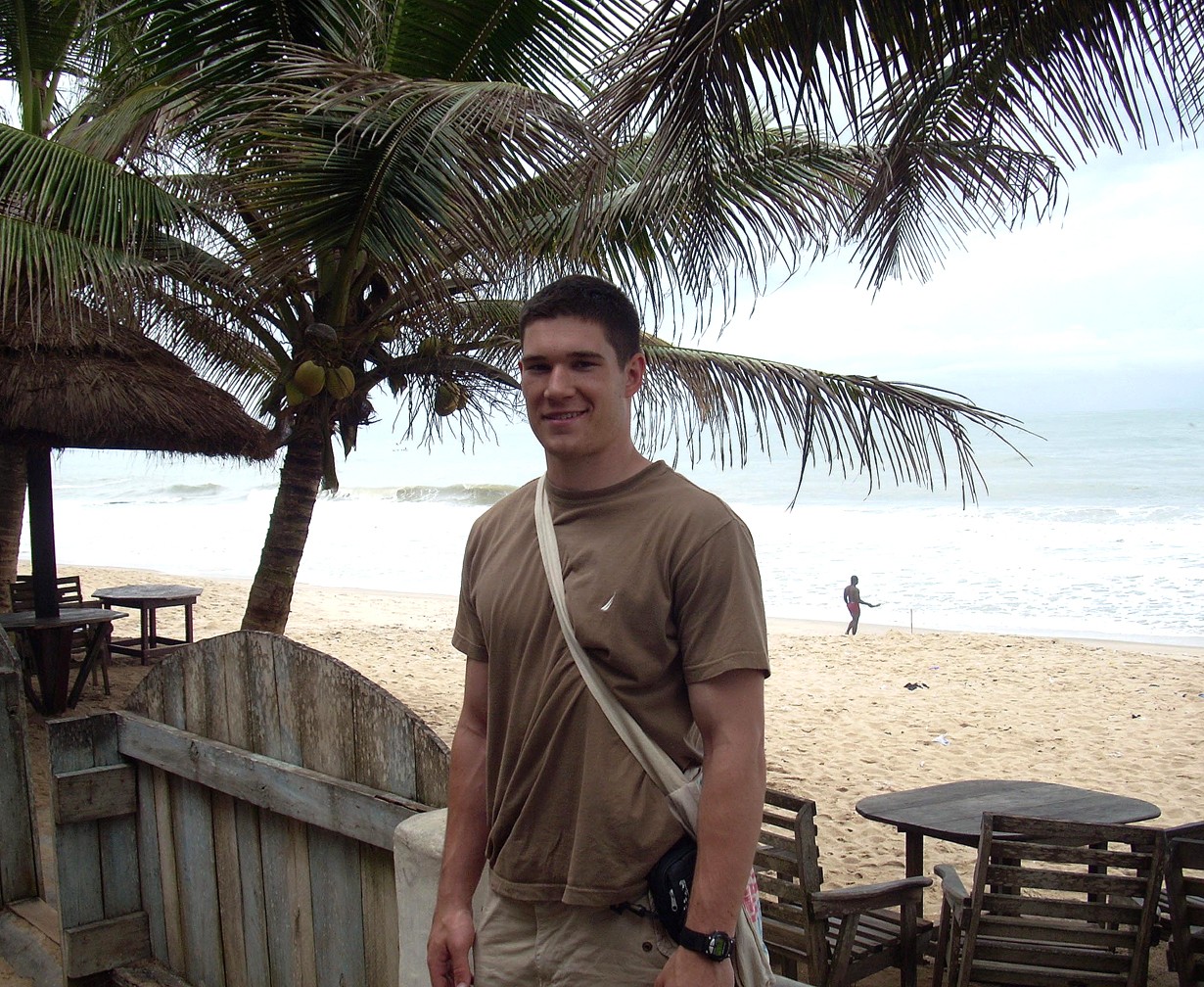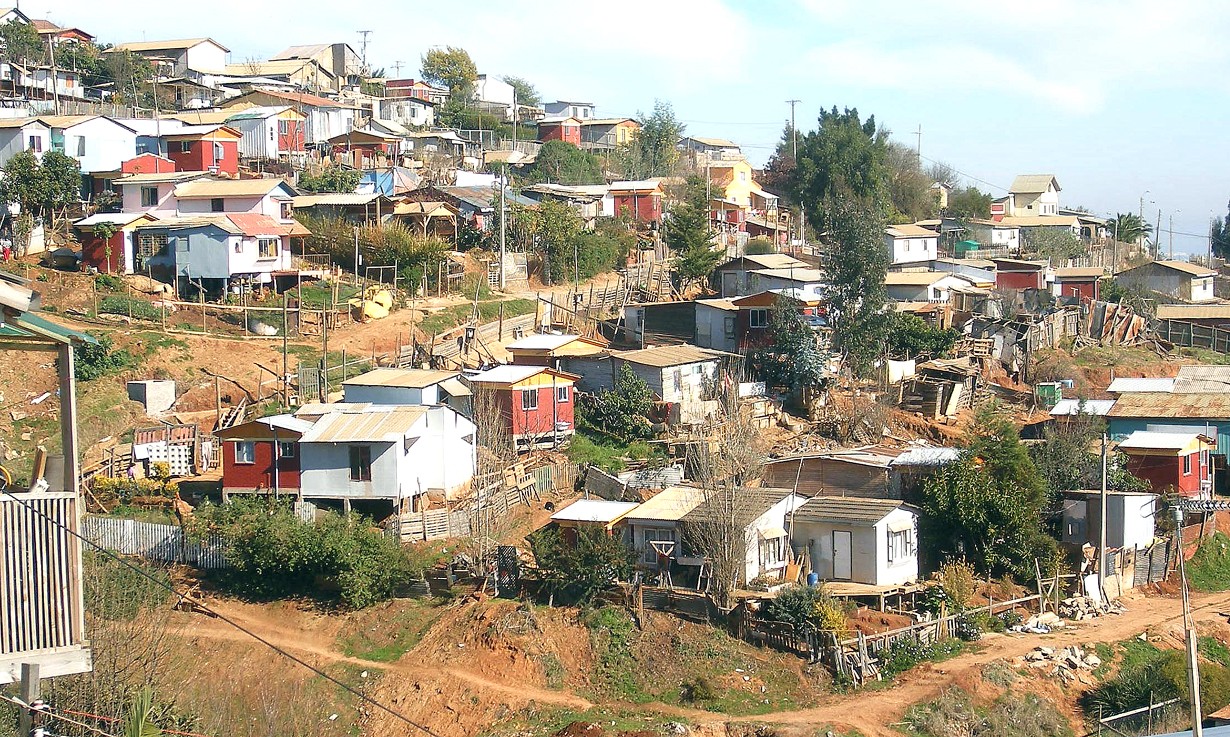One of the most important military leadership lessons Cadet 1st Class David White has learned via the U.S. Military Academy has nothing to do with battlefield tactics, artillery, tanks or troops. The lesson came from helping West African women learn financial independence.
"Leadership is universal, but people around the world are different," White said last week. "Many come from a myriad of rich cultures steeped in history, sometimes thousands of years older than our own. Being able to embrace other cultures and successfully navigate new environments allows for military officers to thrive in such a diverse global landscape."
White and a group of cadets visited Ghana last summer as part of the Conflict and Human Security Studies program. The program, run by USMA's Dept. of Social Sciences, offers advanced individual academic development opportunities with non-governmental organizations around the world. Cadets work with groups such as Mercy Corps, International Rescue Committee, Human Rights Watch and the International Committee of the Red Cross.
The idea is to help cadets learn how to work with other cultures, Ruth Beitler, comparative politics and international relations associate professor and CHSS program coordinator, said.
"The cadets come back with a completely different perspective," Beitler said. "They learn to stop, listen and assess. They learn how to meet the needs of the United States and the needs of the (host country's) culture. This is professional development for them because they have to have some element of cultural competency. This gives them the kit bag, the tools so they can know how to have cultural understanding."
More than 80 USMA cadets have been selected to participate in this year's CHSS, the program's third year. They will be accompanied by 50 ROTC cadets from around the country. The Army's Training and Doctrine Command learned of the CHSS program and asked Beitler and other organizers to include ROTC cadets.
All cadets will be working in India, Peru, China, Tanzania, Thailand, Costa Rica, Ireland, Ghana, Cambodia, Vietnam, Australia, Germany, Greece, the Czech Republic, Israel and Hong Kong.
Their work will include construction projects, AIDS education, teaching in schools, working in orphanages and other humanitarian work.
All the while, the CHSS program brings officials from the nongovernmental agencies to West Point to teach cadets and faculty and also funds a study about whether junior officers are equipped upon commissioning with the appropriate cultural knowledge for a global conflict.
"In our current situation in Iraq and Afghanistan, we have come to realize that we are fighting a war that is unlike any we have ever faced," Cadet 3rd Class Marc Beaudoin, who traveled to Ghana with the CHSS program last year, said. "The traditional style of war with enemies fighting pitched battles is no longer valid in our current conflict. We are now depending on young officers to be able to adapt to new cultures and embed themselves within a population. This new officer is charged not only with the traditional responsibilities of combat but also with winning the hearts and minds of the civilian populace. Working with (nongovernmental agencies) is excellent training for this future mission because as a volunteer you are embedded within the population. You learn to live like the native peoples, and you truly gain a greater appreciation
Cadets who have participated in previous CHSS trips feel they have learned about how to built trust with others despite cultural differences.
The organization with which Cadet 1st Class Andrew Gregory worked in Cambodia during his CHSS trip "was clearly facing an uphill battle against culture, limited resources and a persistent language barrier," he said. "I saw how persistent interaction with the populace combined with clear intentions builds trust with the populace."
Cadet 1st Class Jon Chachula learned through his work in Chile that working with a local populace can help him lead by example.
"As we worked side-by-side with homeless and underprivileged Chileans, we built relationships and lasting bonds that only develop through collective effort and suffering," he said. "As an officer, this understanding can be the difference between an officer who has gained the respect of his men and the local community through his public leadership 'on the ground' as opposed to the officer who attempts to lead from his desk."
More importantly, Chachula said, he learned the importance of an open mind.
"I was educated on the weakness of stereotypes and the advantage of approaching every experience with an open mind--aware of others' previous experiences but ready and prepared to step out of those shadows and have my own," he said.




Social Sharing